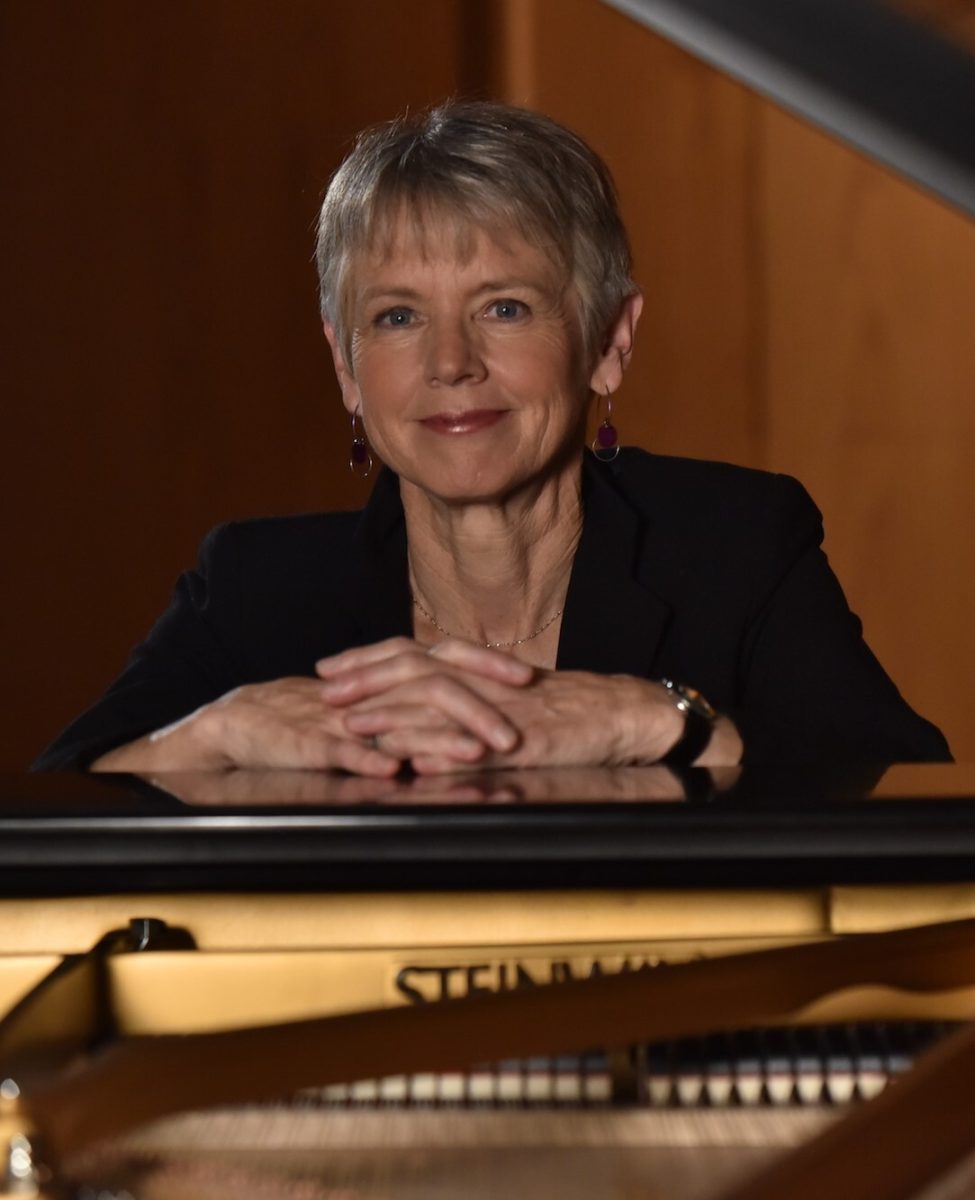The Michigan state government has proposed funding increases for all 15 public universities, including NMU, for the 2009 fiscal year.
The budget plan originally proposed in February by Gov. Granholm created a 3 percent increase in total funding to all public universities, but the money would be spread differently among schools. Northern would have received a 2.3 percent increase. This amount was determined by a number of factors, including the number of undergraduate Pell Grants awarded, the amount of research and the number of degrees conferred.
Under this formula-based plan, science, technology, engineering and math (STEM) degrees were given more weight.
Conversely, the Michigan State Senate proposal, which came out in March, recommended a 3 percent increase across the board.
The Senate-proposed 3 percent increase would help cover costs created by inflation, said Gavin Leach, vice president of finance and administration for NMU. The university’s two sources of revenue are tuition and state-appropriated funding, Leach said. The more appropriations the university receives, the more tuition costs can be controlled, he said.
NMU President Les Wong testified in front of the Senate Feb. 28 in order to combat current perceptions and communicate to legislators the actual work the university does.
“Our reputation for quality, our reputation for doing good work with students, I think, is not in dispute. But people often don’t understand the comprehensiveness of what we do,” Wong said.
One of the issues Wong addressed was the amount of STEM degrees conferred at Northern. He noted that the statistics provided by the Michigan Department of Labor and Economic Growth (DLEG) show that jobs currently in demand do not match up with the STEM disciplines.
“The state has to balance its emphasis on STEM with its awareness of where the jobs are going to be,” he said. “In a way, the STEM areas get rewards and funding and yet the very areas where the jobs are don’t get any attention. Northern’s curriculum lines up better with the DLEG job areas than the STEM.”
Wong said it is also very important that Northern is technologically advanced, including the TLC laptop program, and offers many technology-based degrees.
“We’re really the ‘T’ in STEM. We’re way out ahead of everybody on technology,” Wong said.
The fact that NMU is a rural university was also an issue addressed by Wong. As a rural university, NMU has to provide both community college and job training services to an area where many people do not have the resources to go elsewhere.
“It’s really important to understand that not only the nature of the niche but also the role we play in that niche is so different from a downstate school, for example. We have to be a lot of things to a lot of people, over a lot of distances,” Wong said.
Regardless of the amount of the increase, both Wong and Leach feel it will be positive for the university.
“For me, it’s a great start,” Wong said. “My first year here the range was -30 to 0 [percent]. Starting out at 2.3 percent is a good place, a positive sign. I think everyone agrees that higher education is a key way to get out of a recession.”
Before the budget for the 2009 fiscal year is passed, it must travel from the governor’s office, through the Senate and then the House. Wong hopes that the House will propose a budget similar to the proposal of the Senate. He will testify in front of the House on April 28 at Ferris State University in Big Rapids.
“We’re going to try to be clear about our mission and our role in the economy, not only in the U.P. and the north lake regions but certainly within the state of Michigan. I think we’re going to have to stress that we’re still a great value and we’re a pretty efficient campus,” he said.
Rep. Steve Lindberg, D-Marquette, has been involved in the process of making sure NMU receives fair appropriations.
“We have some unique challenges geographically, just being in the U.P.
Simple things like snow removal and heat are more expensive than in other places,” he said.
Lindberg also noted that the higher education budget will not be finalized until May at the earliest.
“It’s real important to make it known that the process is not done yet. The House is still in the process of taking testimony from universities.as to how we’re going to complete this budget,” he said.
























